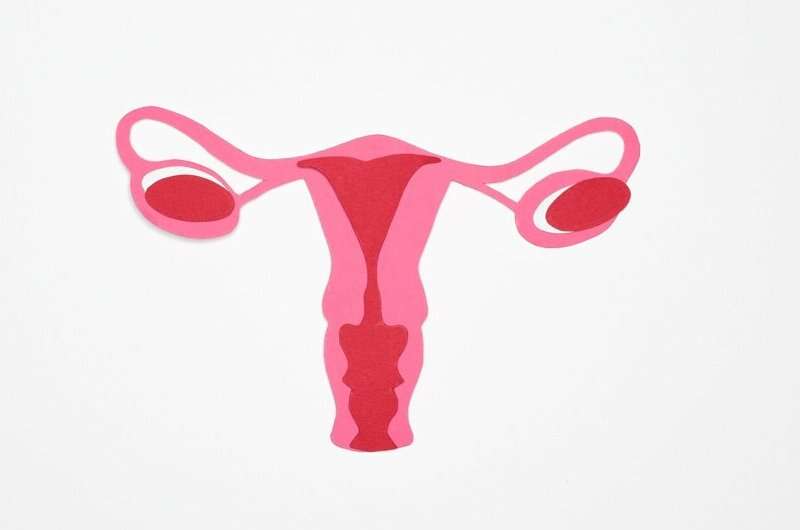This article has been reviewed according to Science X's editorial process and policies. Editors have highlighted the following attributes while ensuring the content's credibility:
fact-checked
peer-reviewed publication
trusted source
proofread
New study questions effectiveness of drugs for ovarian protection during cancer treatment

A new study from Karolinska Institutet in Sweden has found no evidence that a common drug used to protect the ovaries of women undergoing chemotherapy increases their chances of having children after cancer treatment. The study is published in eClinicalMedicine.
Drugs called GnRH agonists are sometimes used in women with breast cancer and other types of cancer during their chemotherapy treatments, based on small trials that have suggested it could prevent amenorrhea (absence of menstrual periods) and preserve fertility. However, these trials have not been able to evaluate the chance of having children after cancer treatment.
In addition, the studies have not been blinded, meaning that all women participating knew if they received the treatment or not. Those who received the drug may therefore have been more motivated to try to conceive than the women who did not.
The new study used Swedish population-based registers to compare the probability of post-cancer live birth in almost 25,000 women aged 15–45 who received chemotherapy, of which 1.5% received additional treatment with a GnRH agonist.
The researchers found no difference in the likelihood of having children during the follow-up years following cancer treatment between the two groups, after adjusting for factors such as age, type of cancer, and previous parity.
"Our study is the largest and most comprehensive to date on this topic, and challenges the current practice of using GnRH agonist as a fertility protective measure in women with cancer," says Kenny Rodriguez-Wallberg, adjunct professor at the Department of Oncology-Pathology, Karolinska Institutet and the study's first author.
"More rigorous placebo-controlled and double-blinded randomized clinical trials are needed to evaluate the efficacy of this type of drugs for fertility protection," adds the study's last author Frida Lundberg, research specialist at the Department of Medical Epidemiology and Biostatistics, Karolinska Institutet.
More information: Kenny A. Rodriguez-Wallberg et al, Gonadotropin Releasing Hormone agonist (GnRHa) during chemotherapy and post-cancer childbirths—a Nationwide population-based cohort study of 24,922 women diagnosed with cancer in Sweden, eClinicalMedicine (2023). DOI: 10.1016/j.eclinm.2023.102335



















